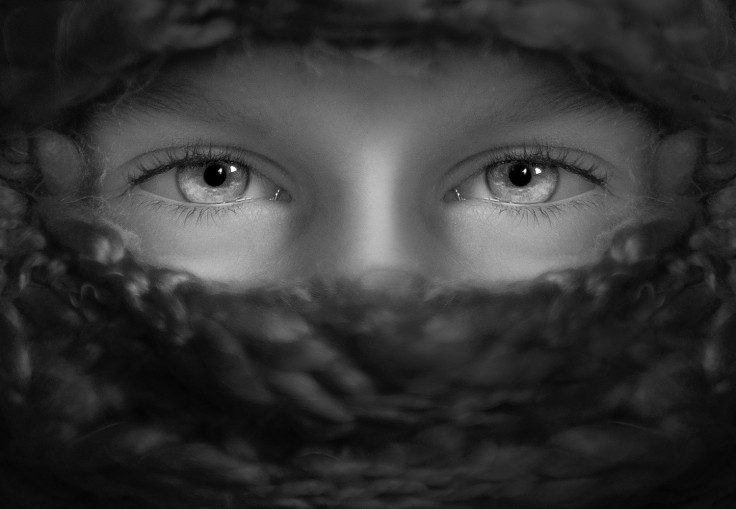
Depression knows no age. There are different types of depression and has different levels. One common and the most severe type of depression is a major depressive disorder. You may hear a lot of these happening to people and adults, but it can also occur to children. In fact, children who have or is experiencing a major depressive disorder has increased over the years. Before we head to the facts that you should know about this mental disorder, let us first define what is a major depressive disorder.
What is a major depressive disorder?
A person who is diagnosed with a major depressive disorder tends to experience severe mood swings that cause a constant and persistent feeling of sadness or loneliness in life. Most people who have MDD experiences a loss of interest that can affect their whole well-being and their daily routine and lives. This a severe episode of depression that usually lasts from seven to nine months or more.
A child who has MDD tend to feel deeper sadness compared to other children's sadness. They have this strong feeling of emptiness in themselves and it drags them down. Having MDD affect a child's life and the way they see it, and it can be crucial to them as they are still growing up.
There are certain symptoms that parents can check if their child has a major depressive disorder. Some symptoms are:
Unusual or shifting sleeping patterns.
Unusual sadness
A fast shift of mood or severe mood swings
Loss of interest in things that they love to do
Involuntary weight gain or loss
Thoughts about suicide or attempting suicide
Harsh comments about themselves
Low self-esteem and self-worth
Can a major depressive disorder be treated?
A child or a person who is diagnosed with a major depressive disorder can be treated through therapy. If you happen to notice that your child seems off for the longest time and shows the symptoms of MDD, it is best to have them checked by a psychiatrist, a psychologist, or a mental health doctor or expert. Although therapy can be the healthiest way to treat MDD, most mental health experts would recommend a combination of therapy and medication.
For children and teens, there are three types of therapy that they can get. MDD in children and teens can be often treated by cognitive behavioral therapy, dialectical behavior therapy, and interpersonal therapy.
Is medication necessary?
As mentioned, mental health experts would most likely recommend both therapy and medication for a child or person with MDD be treated. Medications that are made to fight depression are crafted to increase the supply of neurotransmitters that are absent in a person's brain which is linked to depression.
However, before buying any drugs for depression for your child, make sure you have a doctor's recommendation, and the medication should be fit for your child's age. There are anti-depressants in the market that are approved by the Food and Drugs Administration (FDA) and you should be able to make sure that the medications that you will buy are FDA-approved.
If you find any symptoms of depression in yourself then it's compulsory to know about what's wrong with me. And easily get rid of this mental disease.